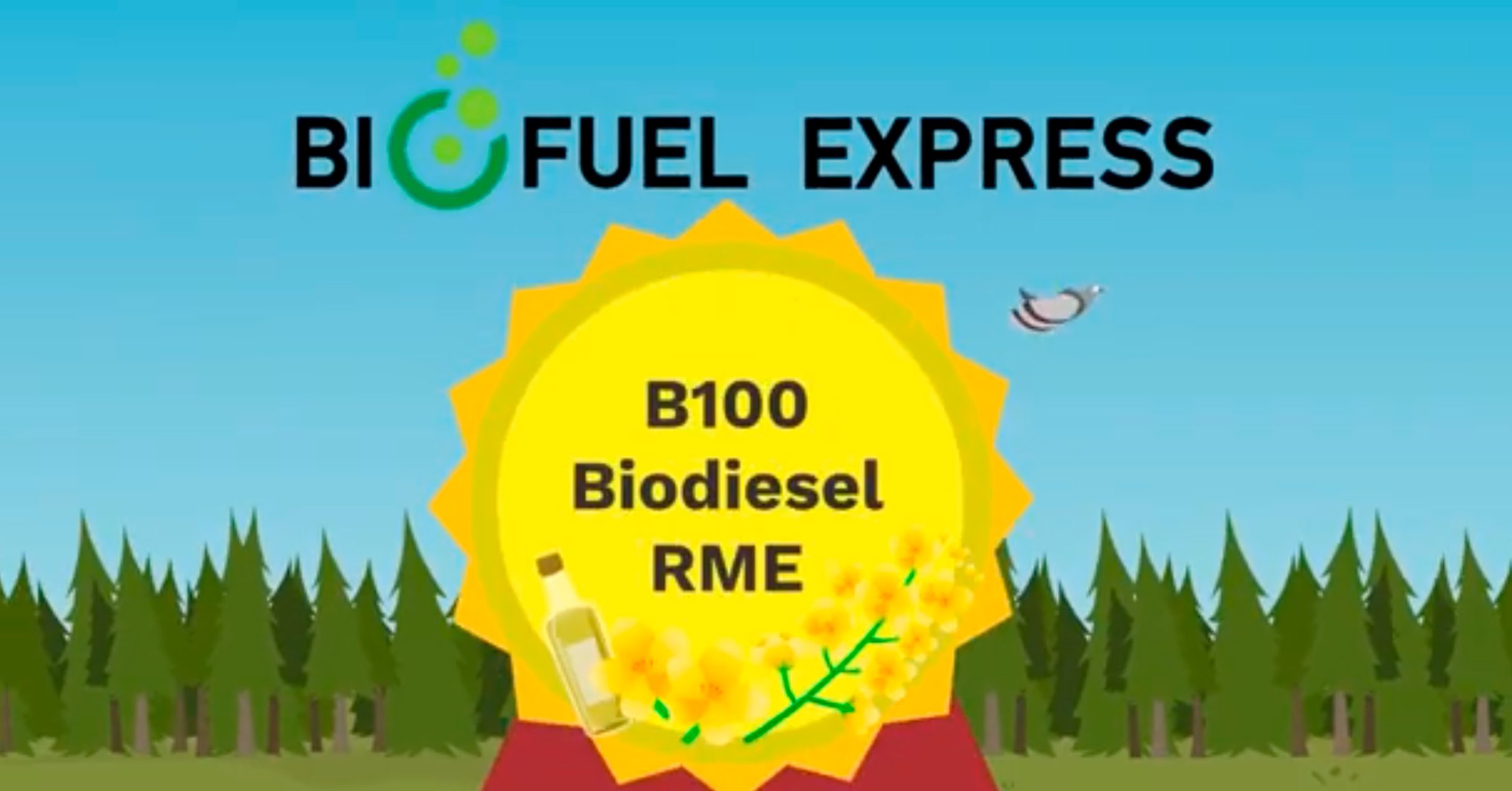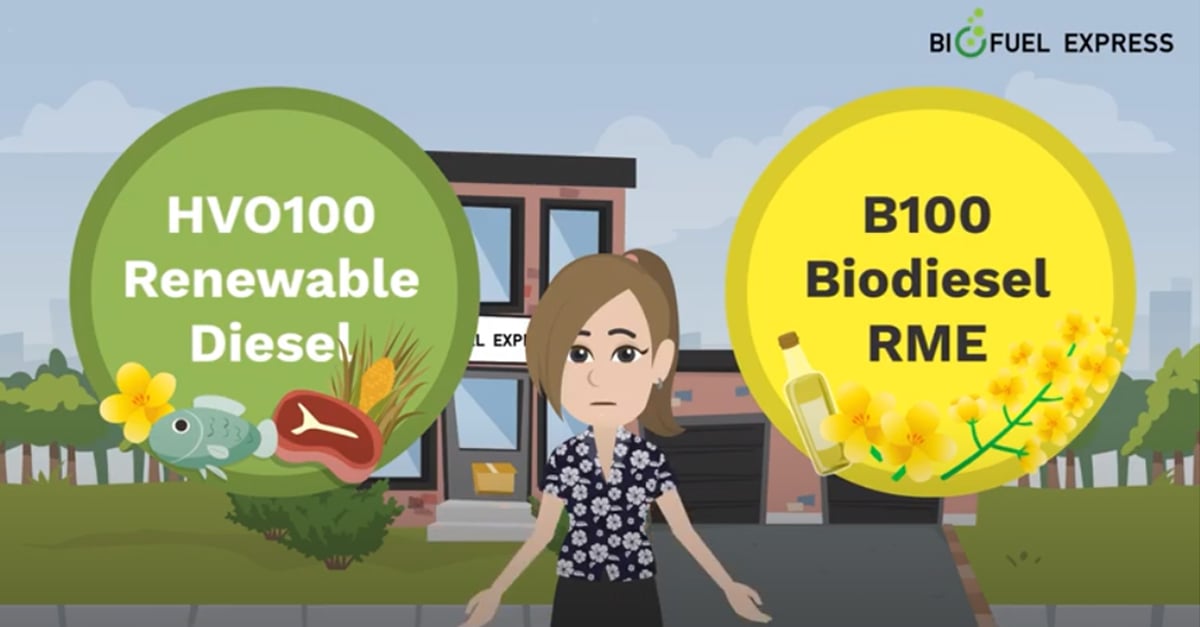

Biodiesel, as the name suggests, is a renewable fuel derived from natural sources such as plant oils or animal fats. It is produced through a chemical process called transesterification, where these organic resources are reacted with alcohol to yield biodiesel and glycerol as a byproduct. Biodiesel can be blended with conventional diesel fuel in varying proportions, depending on the desired level of renewable content.
On the other hand, HVO, also known as renewable diesel, is a second-generation biodiesel made through a refined process known as hydrotreating. Hydrotreating involves treating vegetable oils or animal fats under high temperature and pressure with hydrogen to remove impurities and improve the fuel’s quality. The end result is a clear, low-carbon diesel fuel that exhibits excellent combustion properties.
One of the key differences between Biodiesel and HVO lies in their chemical compositions. Biodiesel typically contains fatty acid methyl esters (FAME), while HVO is composed primarily of paraffins. This disparity in chemical structure leads to variations in key performance characteristics, such as cold flow properties, oxidative stability, and energy content.
Cold flow properties refer to the ability of the fuel to withstand low temperatures without gelling or solidifying. While Biodiesel tends to have inferior cold flow properties, HVO exhibits excellent resistance to cold weather conditions, making it a preferred choice for regions with severe winters. Furthermore, the oxidative stability of HVO is considerably higher compared to Biodiesel, ensuring longer shelf life and reduced risk of fuel degradation.
Energy content is another fundamental aspect that distinguishes Biodiesel from HVO. Biodiesel, being less energy-dense than conventional diesel, may lead to a slight decrease in vehicle mileage when used in higher blends. On the contrary, HVO boasts a similar energy content to conventional diesel, resulting in virtually no impact on vehicle performance or range.
We have simplified all of the above in the explanatory video below.
In terms of environmental benefits, both Biodiesel and HVO offer substantial advantages over fossil fuels. They contribute significantly to reducing greenhouse gas emissions, as they are derived from renewable resources and exhibit lower carbon intensity. However, HVO generally surpasses Biodiesel in terms of overall emission reductions, thanks to its superior combustion properties and lower life-cycle carbon footprint.
In summary, Biodiesel and HVO are two distinct alternatives to conventional diesel fuel, both contributing to a greener and more sustainable future. While Biodiesel is derived through a specific chemical process, HVO undergoes a more refined treatment resulting in superior fuel properties. The choice between the two ultimately depends on various factors, including climate conditions, vehicle compatibility, and desired performance outcomes.
We hope this comprehensive article has shed light on the often-misunderstood disparity between Biodiesel and HVO. Should you require any further information, our team of experts is readily available to assist you in making an informed decision that aligns with your specific needs.
"*" indicates required fields